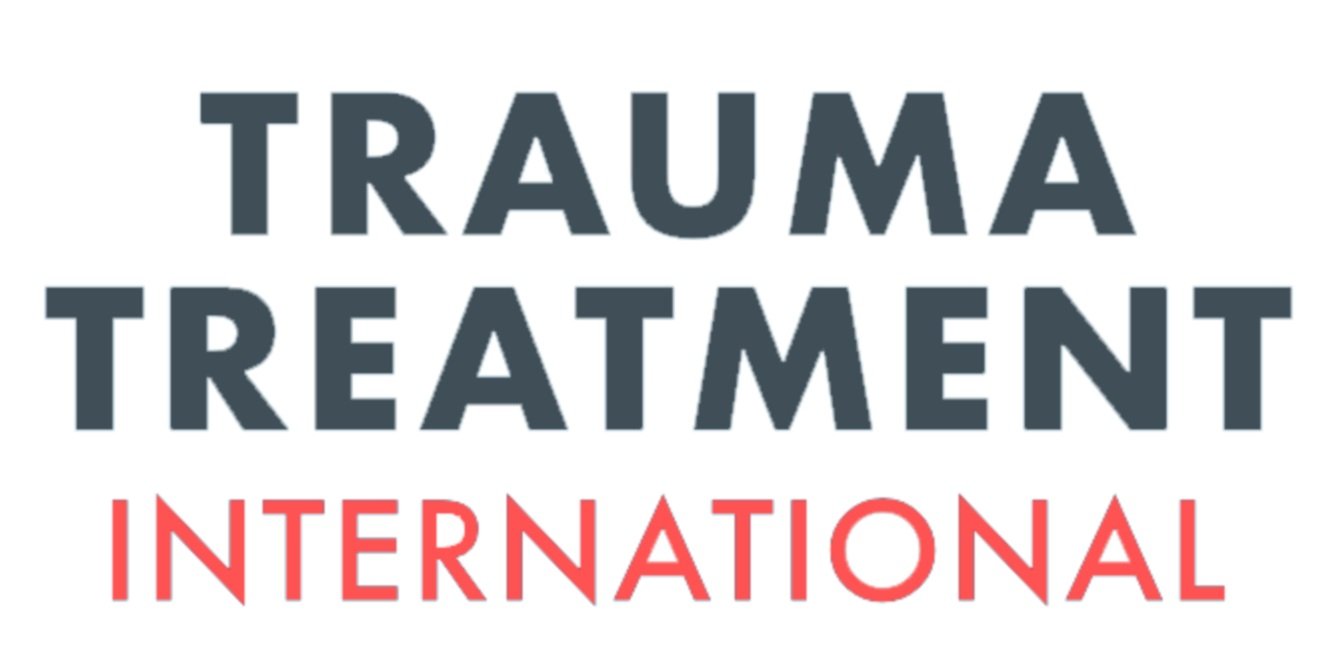TTI project was a catalyst for change for Women for Refugee Women
A project to embed trauma-informed practices in one London charity has had a transformative impact on its staff and operations.
Thanks to a £3,000 grant from London Catalyst, TTI associate and clinical psychologist Dr Jill Domoney led a three-month project at Women for Refugee Women. Her work included carrying out a trauma risk assessment of the organisation to identify where trauma affects the staff and beneficiaries, and how Women for Refugee Women can plan to manage this impact.
Dr Domoney (left) held one-to-one interviews with each staff member, compiling a comprehensive report of her findings. Recommendations from the report included the need for a wellbeing strategy, which Dr Domoney then helped to create. She also delivered training to staff on spotting the signs of burnout, and how to balance the demands of the job when working in trauma-exposed environments.
Women for Refugee Women works with many refugee and asylum-seeking women who have suffered traumatic and horrific events, either in their home countries, on their journeys, or within the detention and processing systems.
The charity’s staff are routinely exposed to harrowing personal accounts and case studies. While a hugely rewarding job, the staff can experience vicarious trauma and burnout as a result.
This project was therefore a much-needed piece of work for the charity, and Trauma Treatment International was the ideal partner for the project. TTI supports trauma-exposed organisations to become resilient to trauma, and to manage the risk that trauma can present to the organisation, its people and its beneficiaries. It delivers support through a team of specialist associate clinical psychologists using evidence-based assessment tools to develop recommendations and provide practical support to partners.
Dr Domoney explained: “Trauma Treatment International had conducted an organisational trauma risk assessment for Women for Refugee Women in 2019, but a lot had changed since the pandemic. They’d had a new director in Alphonsine Kabagabo, along with some staff turnover. They were also going through a staff restructure during the first months of the project.
“I interviewed all members of staff, from the grassroots people running groups to the finance person. I asked them what brought them job satisfaction, what motivates them, how stress impacts their roles, and about their exposure to trauma. The idea was to draw out of them why they do the job they do, and how it might be affecting their mental health.
“A big outcome was the high level of motivation and job satisfaction; the staff have chosen to work there and are very aligned with the goals of the organisation. However, some were affected by the emotional health of the women they were working with, and dealing with what was happening to refugees politically. There were a few practical considerations too, in terms of hybrid and part-time working.”
With her recommendations collated in a comprehensive report, Dr. Domoney’s feedback informed the creation of induction materials for new starters, and contributed to a new wellbeing strategy for the benefit of the organisation as a whole. In addition, staff were given a two-hour training session on spotting the signs of burnout and how to balance the demands of the job.
Dr. Domoney said: “We talked about how the work impacts on staff wellbeing, and how to accept that the needs of the women being supported will often outweigh what the organisation can offer. We discussed how important it is to focus on the positive differences each staff member makes on a day-to-day basis, and how to hold the big picture in mind in times of stress.”
Women for Refugee Women director Alphonsine (right) said the project had been a huge success from the staff’s perspective. “It came at a crucial time for our organisation as a result of significant internal changes,” she explained. “We didn’t realise how useful it would be for individual staff members and the team as a whole during this transitional period.
“The staff found it very useful to speak to Jill freely about how they were feeling, and how they were being supported at work.
“It helped that Jill is so calm, knowledgeable and experienced – we really needed someone like her with a background in trauma to help us. Her report was so comprehensive, too, it was spot on. Since then, we have completed our wellbeing strategy, and offer clinical supervision for all our staff.
“Now, we are able to spot the signs when someone is in the ‘red zone’. We make sure that if people feel overwhelmed, they take time out. There has been a real mindset shift in this regard; the management team also acknowledged the importance of modelling healthy working habits and fostering a good work-life balance at leadership level. As a result, we’re also looking at offering a four-day working week.”
She added: “Thank you so much to Trauma Treatment International and London Catalyst for giving us this opportunity. I’ve already recommended Trauma Treatment International to other charities that want to be more trauma informed.”


